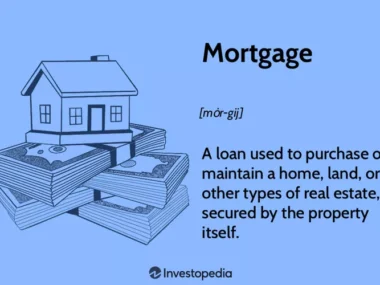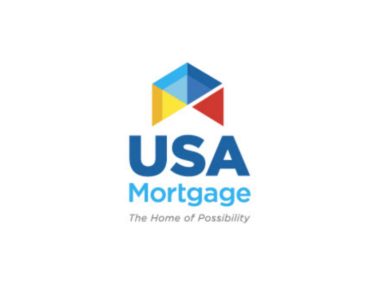Banks, savings and loan associations, and credit unions were once virtually the only sources of mortgages. Today, however, a burgeoning share of the mortgage market includes nonbank lenders such as Better, loanDepot, Rocket Mortgage, and SoFi.
If you’re shopping for a mortgage, an online mortgage calculator can help you compare estimated monthly payments based on the type of mortgage, the interest rate, and how large a down payment you plan to make. It also can help you determine how expensive a property you can reasonably afford.
In addition to the principal and interest you’ll be paying on the mortgage, the lender or mortgage servicer may set up an escrow account to pay local property taxes, homeowners insurance premiums, and other expenses. Those costs will add to your monthly mortgage payment.
Also, note that if you make less than a 20% down payment when you take out your mortgage, your lender may require that you purchase private mortgage insurance (PMI), which becomes another added monthly cost.9
Your monthly mortgage payment will depend on your home price, down payment, loan term, property taxes, homeowners insurance, and interest rate on the loan (which is highly dependent on your credit score). Use the inputs below to get a sense of what your monthly mortgage payment could end up being.
If you have a mortgage, you still own your home (instead of the bank). Your bank may have loaned you money to purchase the house, but rather than owning the property, they impose a lien on it (the house is used as collateral, but only if the loan goes into default). If you default and foreclose on your mortgage, however, the bank may become the new owner of your home.
Frequently Asked Questions (FAQs)
Why Do People Need Mortgages?
The price of a home is often far greater than the amount of money that most households save. As a result, mortgages allow individuals and families to purchase a home by putting down only a relatively small down payment, such as 20% of the purchase price, and obtaining a loan for the balance. The loan is then secured by the value of the property in case the borrower defaults.
Can Anybody Get a Mortgage?
Mortgage lenders will need to approve prospective borrowers through an application and underwriting process. Home loans are only provided to those who have sufficient assets and income relative to their debts to practically carry the value of a home over time. A person’s credit score is also evaluated when making the decision to extend a mortgage. The interest rate on the mortgage also varies, with riskier borrowers receiving higher interest rates.
Mortgages are offered by a variety of sources. Banks and credit unions often provide home loans. There are also specialized mortgage companies that deal only with home loans. You may also employ an unaffiliated mortgage broker to help you shop around for the best rate among different lenders.
What Does Fixed vs. Variable Mean on a Mortgage?
Many mortgages carry a fixed interest rate. This means that the rate will not change for the entire term of the mortgage—typically 15 or 30 years—even if interest rates rise or fall in the future. A variable- or adjustable-rate mortgage (ARM) has an interest rate that fluctuates over the loan’s life based on what interest rates are doing.





